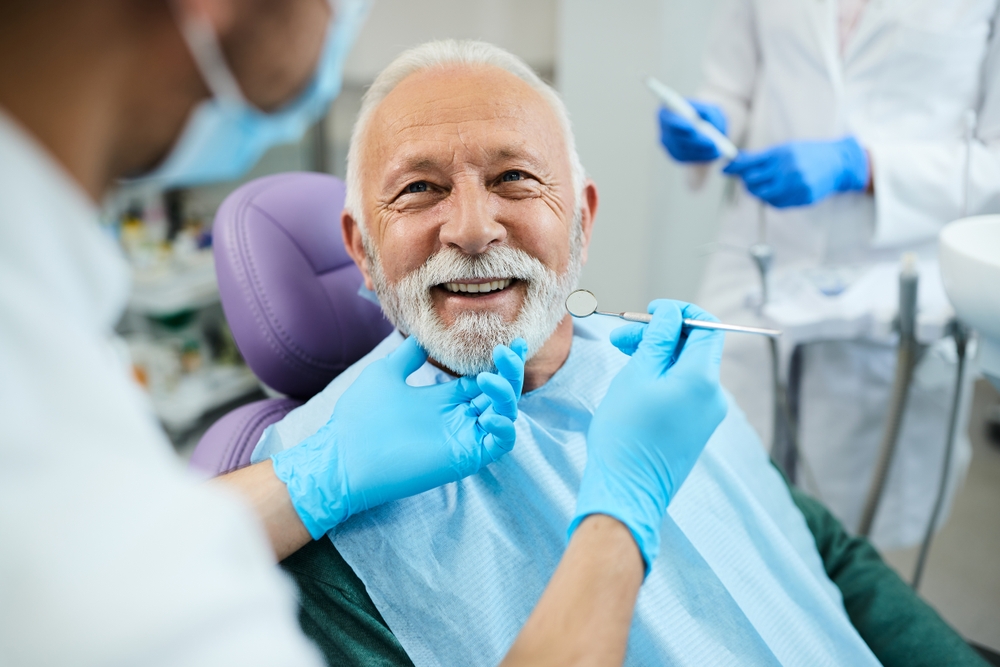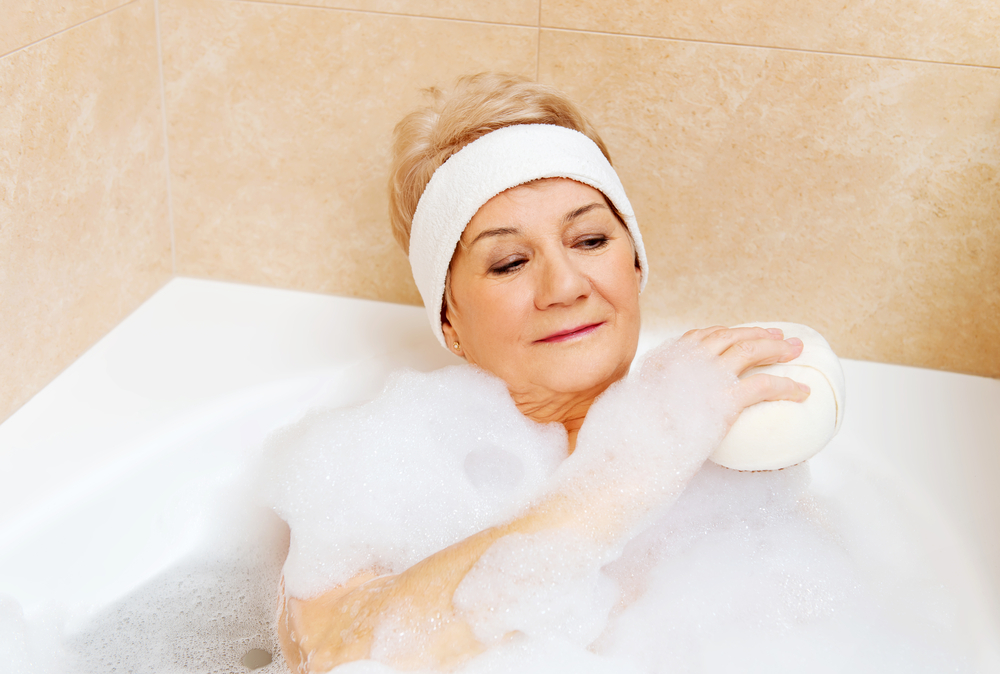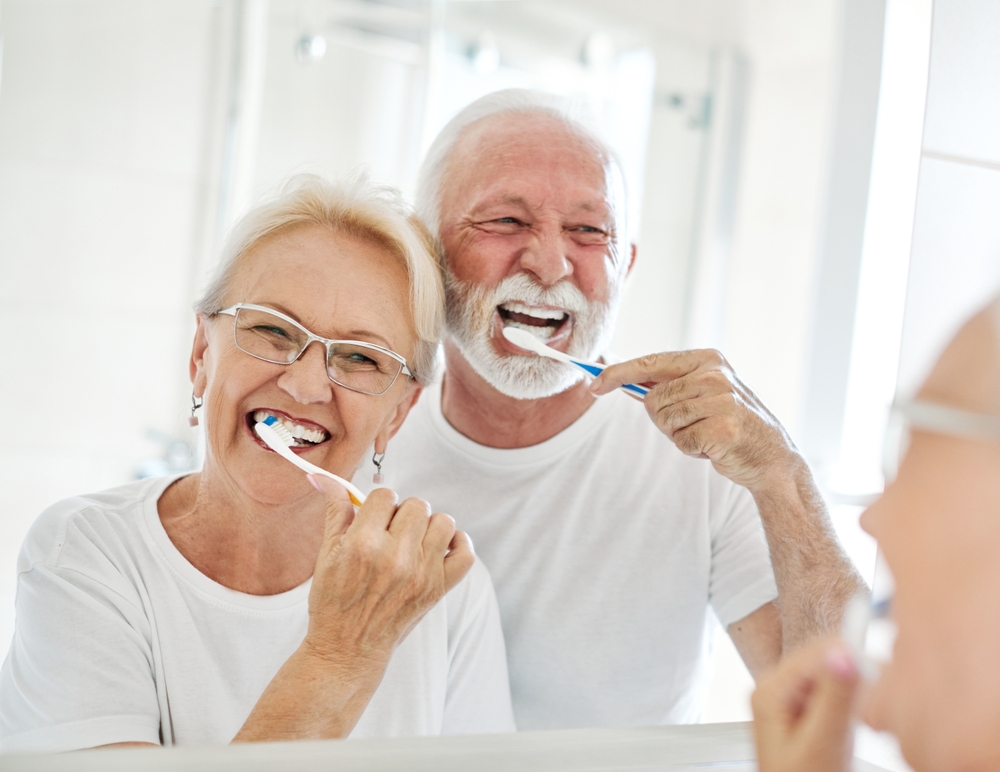Bad Breath in Elderly Adults
Category:

Bad breath can be pretty embarrassing when you’re around loved ones. For many people bad breath usually means you simply need to brush your teeth. Older adults, though, have multiple challenges and ability levels that cause their bad breath. In this post we’ll take a look at some causes of bad breath, when to see a doctor about it, and how to prevent bad breath in older adults.
Causes of Bad Breath in Adults
For old people, bad breath can be caused by a variety of factors. This can range from the type of food you eat to certain health conditions. Some of these causes include:
- Dry mouth, which can be a side effect of some medicines and cancer treatments or a blocked salivary gland
- Difficulty to maintain oral hygiene, due to issues such as arthritis
- Certain foods (e.g. garlic, spices, onions, dairy, canned tuna and horseradish)
- Tobacco use
- Dentures
- Gum disease
- Digestive, respiratory or other health problems, including diabetes and Parkinson’s disease
- Certain mouth, nose and throat conditions (e.g. small stones that grow in your tonsils can be covered in microorganisms that produce odor; postnasal drip)
- Certain cancers
- Metabolic conditions
While knowing some causes of bad breath can be helpful, sometimes you need outside help to determine the proper cause. In that case, it is best to see a doctor or dentist. But how do you know when it’s the right time to see a specialist? We’ll review that in the next section.
When to See a Doctor for Elderly Bad Breath
Some older adults may be aware of their bad breath to some degree but others are not aware at all. Since assessing bad breath can be difficult, it is advised to get the help of a close friend or family member to verify those concerns. If you have bad breath, you should take a closer look at your oral hygiene by making modifications such as brushing your teeth or flossing after meals. If bad breath persists, you should consult your dentist to see if the cause of bad breath is something more serious. The dentist may refer you to a doctor to determine the source.
Now that we know more about the causes of bad breath and when to see a doctor, let’s take a look at how to improve elderly bad breath on your own.
Download Our FREE Path to Care Guide
How to Improve Bad Breath in Elderly
Bad breath can be pretty disheartening but luckily, there are ways to improve it. Below are some steps to improve bad breath in older people.
- Brush your teeth. Do so at least twice a day, after meals, with fluoridated toothpaste.
- Avoid tobacco. This includes tobacco and chewing-based tobacco products.
- Rinse and gargle. Use an alcohol-free mouthwash before bed.
- Drink enough fluids, especially if you have a dry mouth. You can also use over-the-counter moisturizing gel.
- See an oral medicine specialist. They can provide care for mucosal diseases, orofacial pain conditions, oral complications of cancer therapies, salivary gland disorders, and many other conditions.
- Make regular visits to the dentist. They can help determine the oral causes of bad breath.
To learn more about our home care services, contact our caregiving team today at 1-800-GRISWOLD or find a Caregiver near you.
Subscribe
Date: 2024-09-03
Category:


